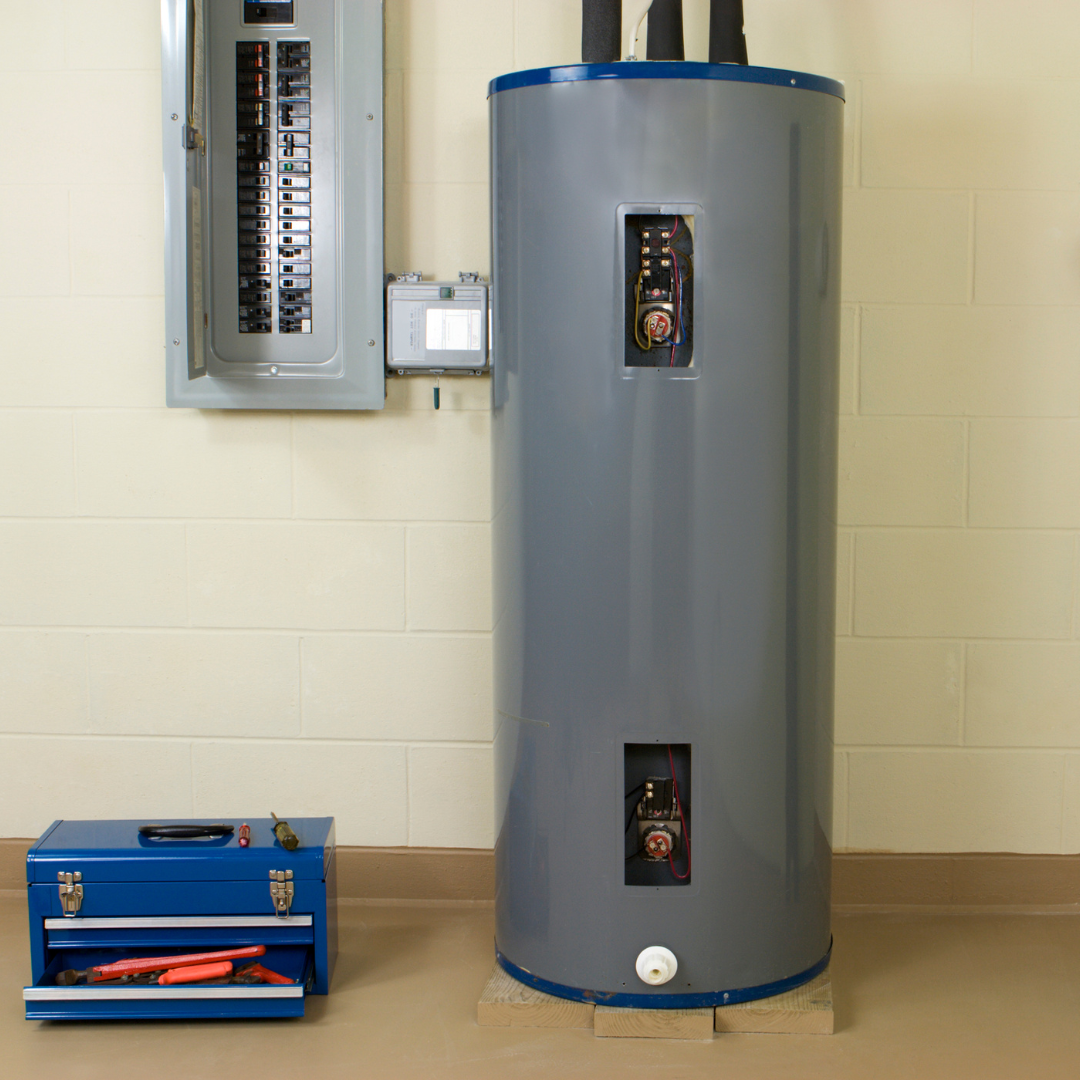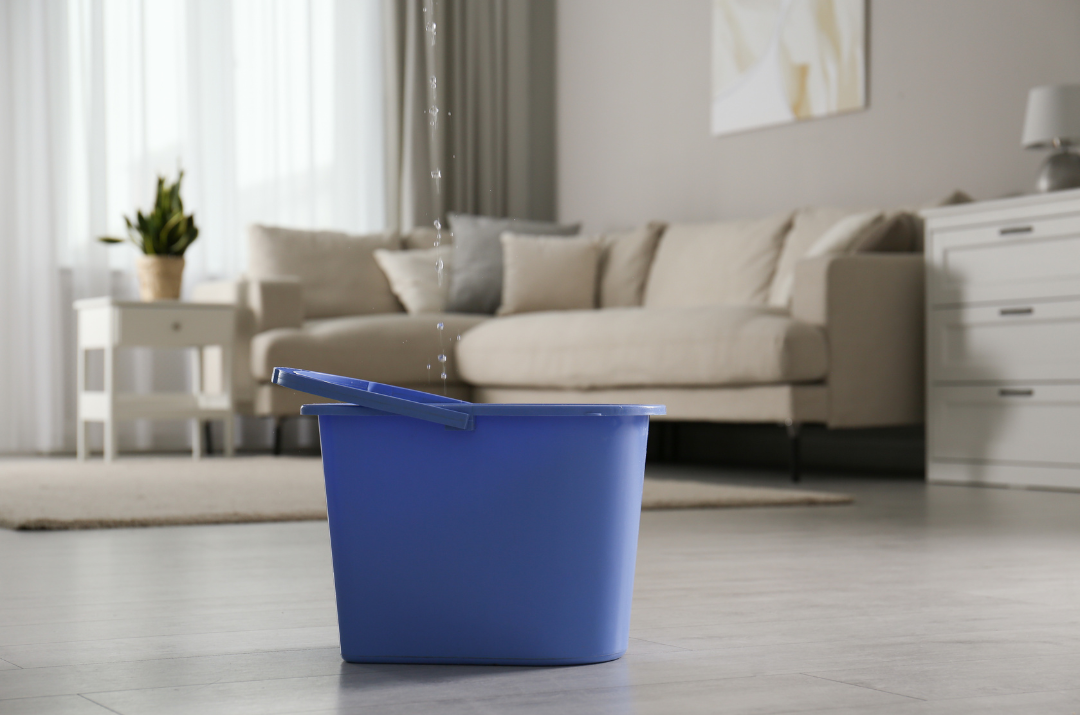Everything You Need to Know About Hot Water Heaters
A Comprehensive Guide

Hot water heaters are an essential part of any home, providing comfort and convenience for daily tasks like showering, washing dishes, and doing laundry. However, many homeowners overlook the importance of proper maintenance and care for their water heaters until it's too late. In this comprehensive guide, we'll explore everything you need to know about hot water heaters, from types and installation to maintenance tips and common issues.
1. Types of Hot Water Heaters
Hot water heaters come in various types, each with its own advantages and considerations. The most common types include:
- Traditional Tank Water Heaters: These heaters store hot water in a tank and are available in gas or electric models. They are relatively inexpensive upfront but may have higher operating costs due to standby heat loss.
- Tankless Water Heaters: Also known as on-demand water heaters, these units heat water directly as it passes through the device without the need for a storage tank. They are more energy-efficient and provide endless hot water but may have higher upfront costs.
- Heat Pump Water Heaters: These units use electricity to move heat from one place to another instead of generating heat directly. They are highly efficient but may not be suitable for colder climates.
- Solar Water Heaters: These systems use solar panels to capture sunlight and heat water for your home. While they can be cost-effective in the long run, they require ample sunlight and may have high upfront costs.
2. Installation Considerations
Proper installation is crucial for the performance and longevity of your hot water heater. Whether you're replacing an old unit or installing a new one, consider the following factors:
- Location: Choose a location with proper ventilation and sufficient space for installation and maintenance.
- Fuel Type: Select a fuel type (gas, electric, or solar) based on your home's energy source and availability.
- Size: Determine the appropriate size of the water heater based on your household's hot water needs and usage patterns.
- Code Compliance: Ensure that the installation complies with local building codes and regulations to avoid safety hazards and potential legal issues.
Internal Link: For professional hot water heater installation services, contact Charter Plumbing here.
External Link: Learn more about the installation process from the experts at This Old House.
3. Maintenance Tips for Extended Lifespan
Regular maintenance is essential to keep your hot water heater running efficiently and prevent costly repairs. Follow these maintenance tips to prolong the lifespan of your unit:
- Flush the Tank: Periodically flush the tank to remove sediment buildup, which can reduce efficiency and lead to corrosion.
- Check the Anode Rod: Inspect the anode rod annually and replace it if it shows signs of corrosion to protect the tank from rusting.
- Adjust the Temperature: Set the water heater temperature to a safe and energy-efficient level (typically 120°F) to prevent scalding and minimize energy consumption.
- Inspect for Leaks: Check for leaks or drips around the unit and repair any damaged components promptly to prevent water damage.
- Schedule Professional Maintenance: Consider scheduling annual maintenance with a licensed plumber to inspect and tune up your hot water heater for optimal performance.
Internal Link: Learn more about our hot water heater maintenance services here.
External Link: Get additional maintenance tips from the experts at HomeTips.
4. Common Hot Water Heater Issues and Solutions
Despite proper maintenance, hot water heaters may encounter occasional issues that require troubleshooting and repairs. Some common problems include:
- No Hot Water: This could be due to a faulty heating element, thermostat, or pilot light. Check these components and replace them if necessary.
- Strange Noises: Loud banging or popping noises may indicate sediment buildup in the tank. Flush the tank to remove the sediment and restore quiet operation.
- Leaks: Leaks around the tank or connections could indicate a damaged valve or corroded tank. Shut off the water supply and contact a plumber for repairs.
- Fluctuating Temperature: Inconsistent water temperature may be caused by a faulty thermostat or sediment buildup. Adjust the thermostat or flush the tank to resolve the issue.
Internal Link: Need help troubleshooting hot water heater issues? Contact Charter Plumbing for expert repairs here.
External Link: Learn more about troubleshooting common water heater problems from The Spruce.
Hot water heaters play a vital role in maintaining comfort and convenience in your home. By understanding the different types, proper installation considerations, maintenance tips, and common issues, you can ensure that your hot water heater operates efficiently and reliably for years to come. Remember to schedule regular maintenance with a trusted plumbing professional like Charter Plumbing to keep your hot water heater in peak condition.
Charter Plumbing



Quick Links


